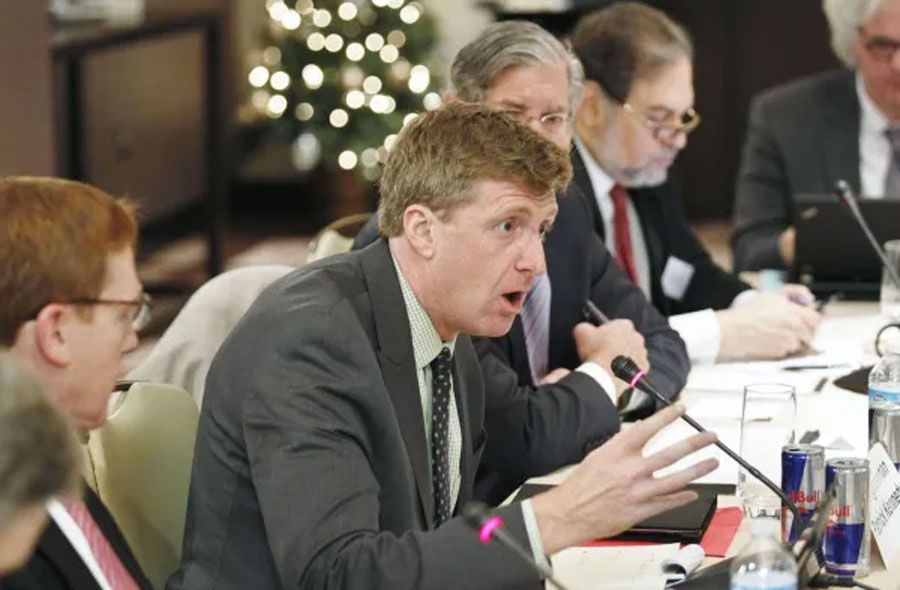
2026 NABH Annual Meeting
MARCH 2-4, 2026
THE RITZ-CARLTON WASHINGTON, DC


Behavioral healthcare
advocacy that achieves results
nation’s behavioral healthcare organizations.


NABH Education and Research
Foundation’s Workforce Startup Guide.
Learn how to adopt a skills-based approach to talent management, which organizations can serve as
partners in your workforce-development efforts, and what workforce funding sources are available to
your organizations in the NABH Education and Research Foundation’s Workforce Startup Guide.

2026 NABH Annual Meeting
MARCH 2-4, 2026
THE RITZ-CARLTON WASHINGTON, DC


Behavioral healthcare
advocacy that achieves results
nation’s behavioral healthcare organizations.


NABH Education and Research
Foundation’s Workforce Startup Guide.
Learn how to adopt a skills-based approach to talent management, which organizations can serve as
partners in your workforce-development efforts, and what workforce funding sources are available to
your organizations in the NABH Education and Research Foundation’s Workforce Startup Guide.
ANNUAL MEETING
JOIN US
BE AN ADVOCATE
RESOURCES
Advocacy Priorities
2025 is a critically important year as the country continues to face intense access challenges for individuals managing mental health and/or substance use disorders. With demand for NABH services across all age groups nationwide being at an all-time high, ensuring access to mental health and addiction treatment and recovery services could not be more urgent.
NABH’s advocacy priorities reflect the organization’s mission to advance responsive, accountable, and clinically effective prevention, treatment and recovery, and care for children, adolescents, adults, and older adults with mental health and substance use disorder. NABH advocates for these ongoing priorities and will continue to prioritize securing sufficient funding.
Mental Health
- Securing the Promise of Parity
- Behavioral Healthcare Workforce
- Behavioral Health Information Technology
- 988 Crisis Stabilization Services
- EMTALA
- Psychiatric Hospital Regulations
- Veteran and Military Healthcare
- IMD Exclusion
- 190-day Lifetime Limit
The Addiction Crisis
- Securing the Promise of Parity
- Behavioral Healthcare Workforce
- Behavioral Health Information Technology
- 988 Crisis Stabilization Services
- EMTALA
- Veteran and Military Healthcare
- Opioid Treatment Programs
- Telemedicine Coverage
- Partial Hospitalization
- Quality and Outcome Measures
- Alternative Payment Models (APMs)

Behavioral Healthcare Workforce

Securing the Promise of Parity


